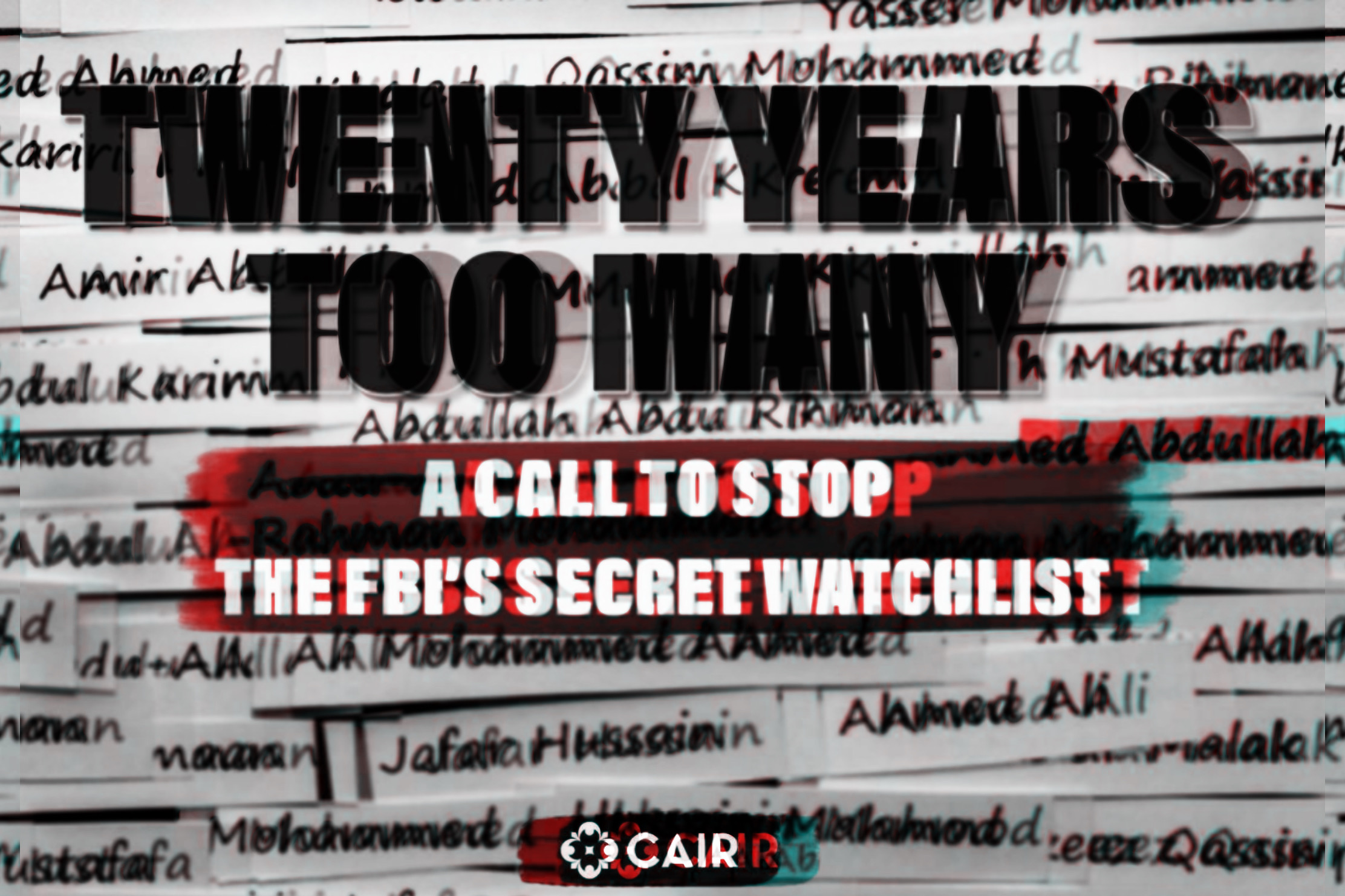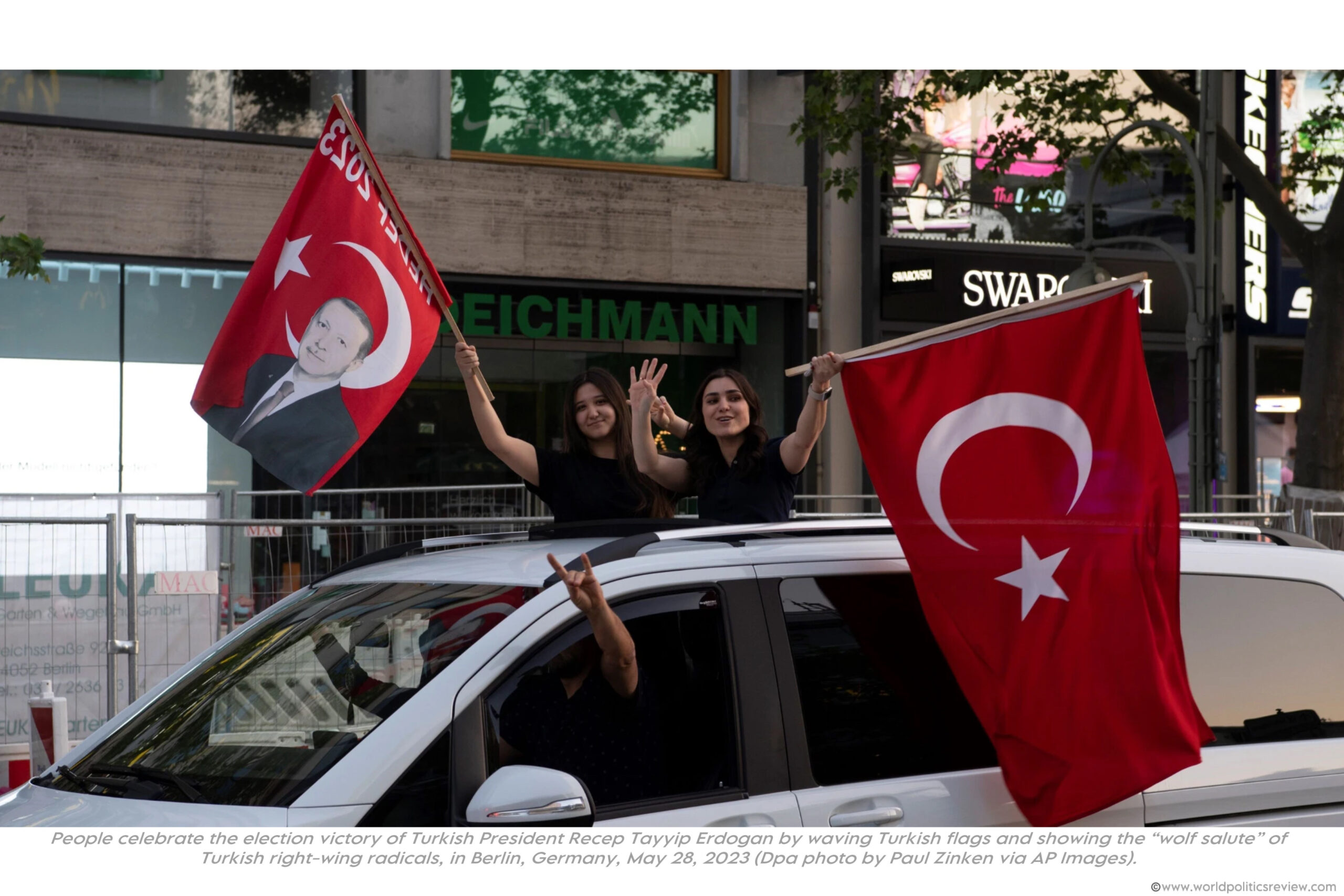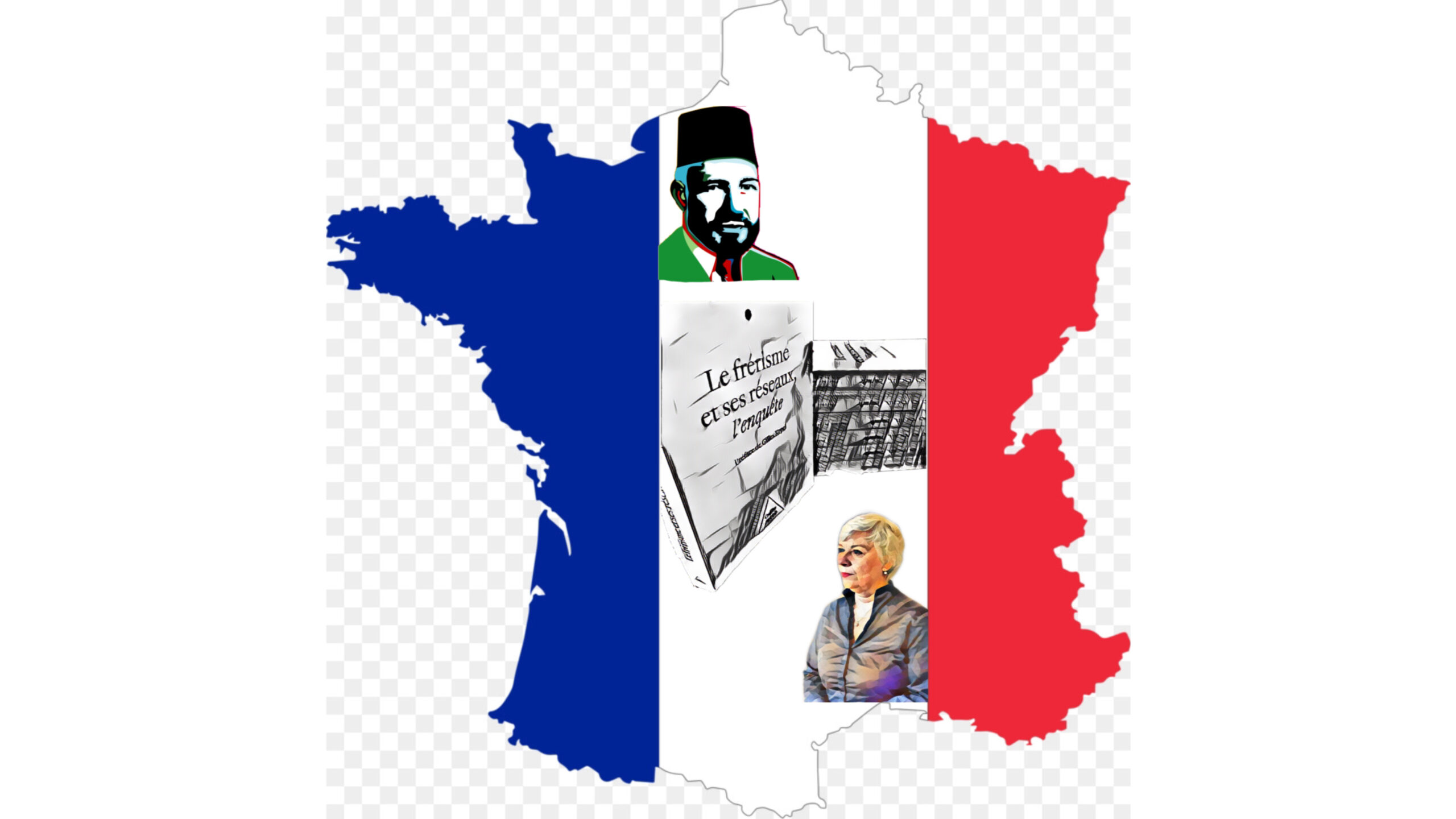By Dieter Farwick With our publications on Islam we experience a lot of prejudices and generalizations on both sides. There is a need to clarify the terms used in this discussion. We want to make a clear distinction between what we call moderate Muslims and radical Islamists and Jihadists. We expect that visitors and immigrants who come voluntarily to our European countries accept our culture and its framework, which is characterized by democracy, pluralism, equal rights, no discrimination because of gender, race and religion, freedom of speech and free media, the partition of power and the partition of state and religion. I think that moderate Muslims can accept these principles without losing their identity. The majority of our population is ready to integrate these people. On the other hand, we have to fight against the radical Islamists and Jihadists who want to abolish our constitution, our laws and rules as well as our way of life. They often use moderate Muslims as a camouflage and cover. A new kind of threat derives from the so-called homegrown radicals – European citizens of the third or fourth generation. Based upon these assumptions, this interview conducted by Dieter Farwick, Global Editor WSN, with Jonathan S. Paris, a most acknowledged, London-based Broader Middle East and Islamic movement analyst, covers both burning issues – the Islamic movement in Europe and the Broader Middle East – that are closely intertwined. They fuel each other.
Islam – the link between the spread of Islam in Europe and the conflicts in the Broader Middle East






